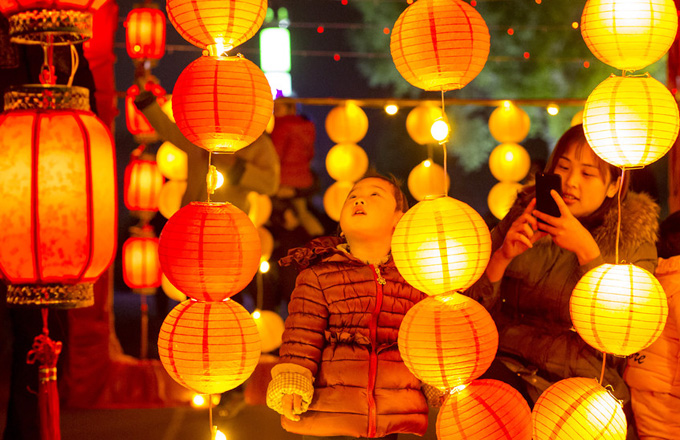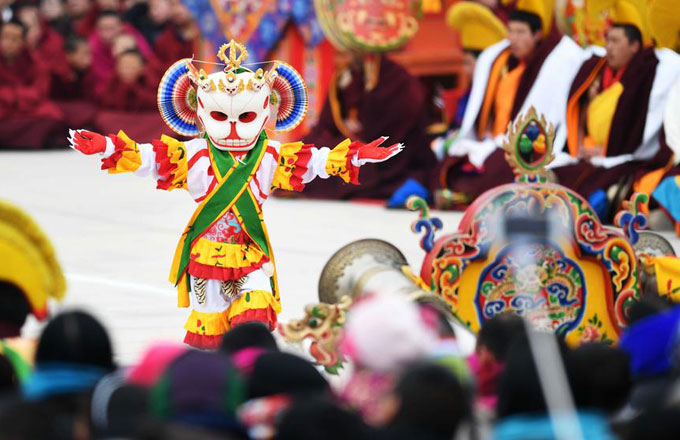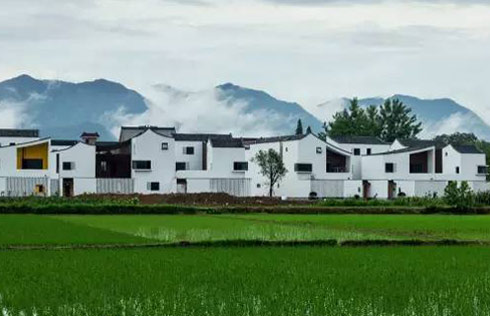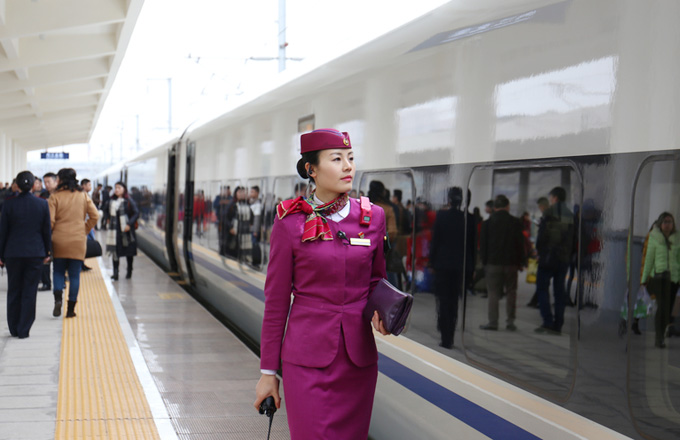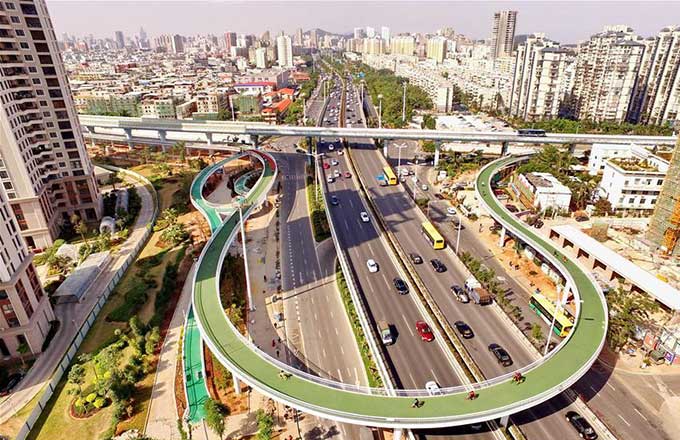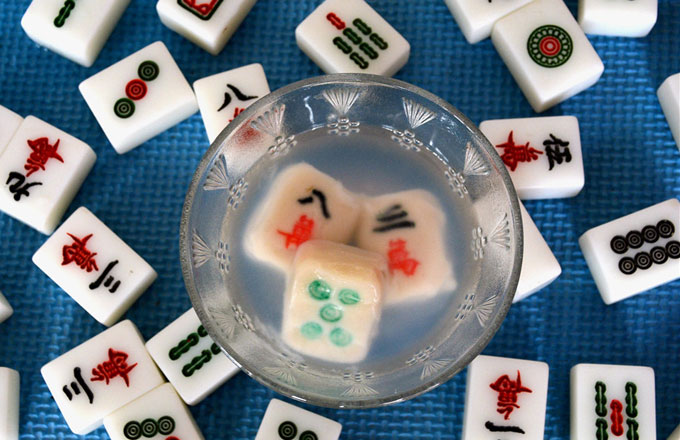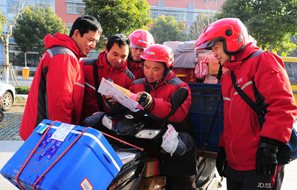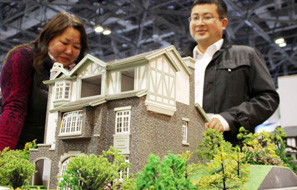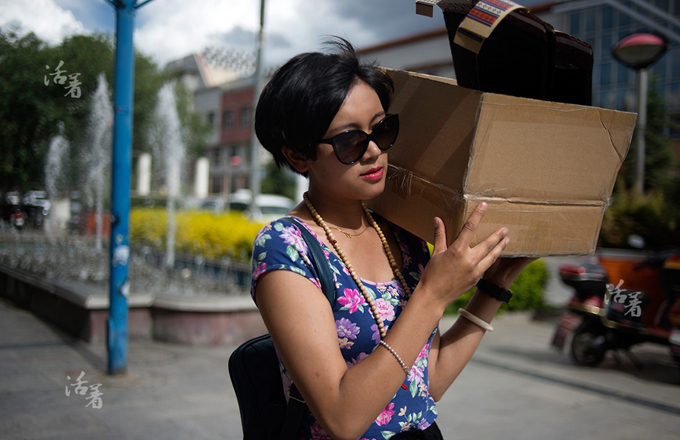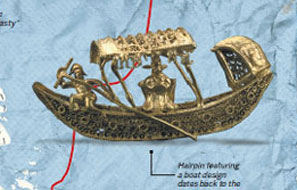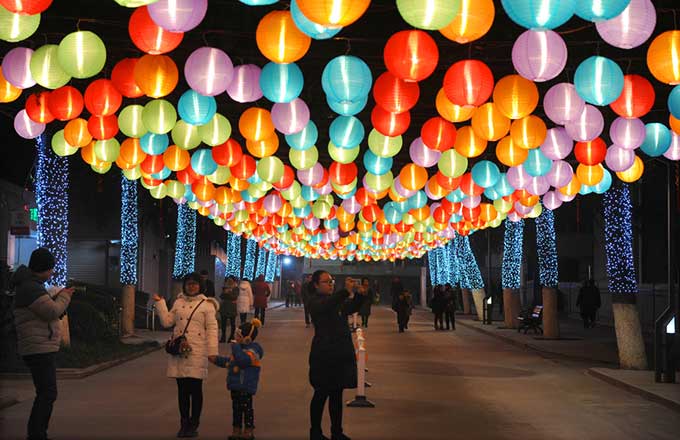Trump offers insight that Abe would do well to heed
As the first foreign leader to visit Donald Trump when he was US president-elect, and the second to meet him since he entered office, Japanese Prime Minister Shinzo Abe was no doubt confident his exertions had paid off as intended, at least partially.
Especially given the impressive signs of personal rapport between the two leaders, or as Trump described it their "very, very good chemistry", and the coveted US presidential assurance of "unwavering" commitment to the US-Japan alliance.
Everything would therefore seem to be as good as can be for Abe after his meeting with Trump on Friday and Saturday.
Except for the fact his host highlighted a simultaneous willingness to work with China.
The Abe administration has spared no effort to curry international, most noticeably US, support for its attempt to contain what it portrays as a growing threat from China. Disappointed that the Barack Obama administration was not willing to wholeheartedly support his standoff with Beijing, the Japanese leader saw brighter prospects ahead with the Trump administration, given its initial tough rhetoric on China.
But if, as suggested, the phone conversation Trump had with Chinese President Xi Jinping on Thursday was intended as a "balancing" move before his meeting with Abe, Trump’s subsequent confident assertion that he and Xi "are in the process of getting along very well" will not have been music to Abe's ears.
Yet if he can liberate himself from the narrow-minded zero-sum mindset with regard to Beijing, Abe will be able to appreciate and take advantage of the reality of the US president's observation that good China-US relations "will also very much be of a benefit to Japan".
History has put China, Japan and the US in an awkward situation where the past often undermines any hard-earned goodwill. But it is worth bearing in mind that the recent history of their trilateral relationship has not been devoid of bright spots. There was even a long period of quite friendly exchanges between Beijing and Tokyo. And the most important lesson that can be learned from this is not only do Beijing and Tokyo not have to stand against each other, but the three can work together.
The US president has made the insightful judgment that China-US conversations will "work out very well for everybody – China, Japan, the United States, and everybody in the region".
That perception may not be what Abe wants to hear, but it is something that Japan would be wise to lend an ear to.
- Zhejiang halts live poultry trade amid bird flu concerns
- Public security departments facilitate migrants' ID card renewal
- China plans 50 billion yuan of investment in rural methane projects
- 5.6-magnitude quake hits Taiwan; no casualties reported
- Accouterments of beauty that tell a dynasty's tale




